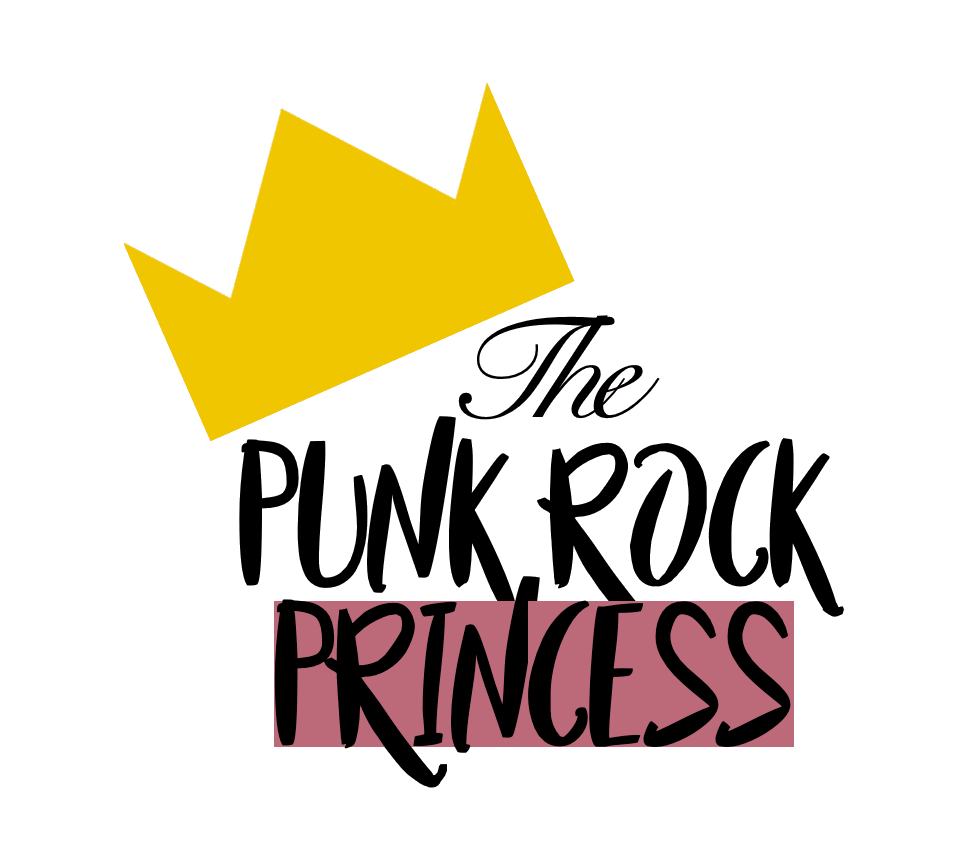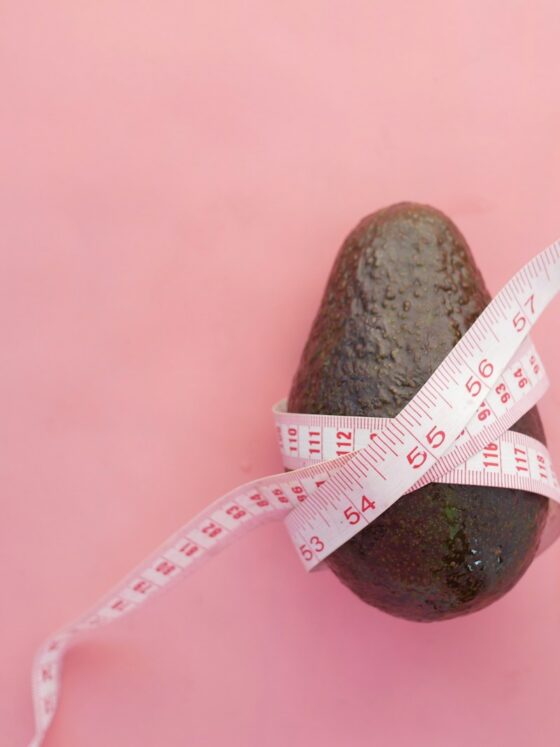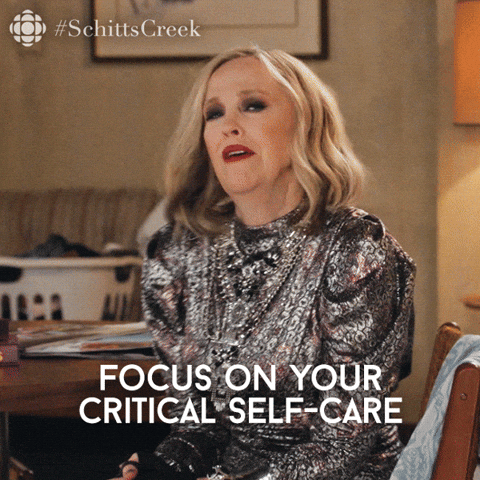How Nutrition Impacts Your Mental Health

Everyone feels low from time to time. But when the blues start showing up more often, it’s important to take them seriously. While professional support is always key, your diet can play a surprisingly big role in helping stabilise your mood.
One of the most powerful ways to support emotional health? A healthy body, fuelled with the right nutrients.
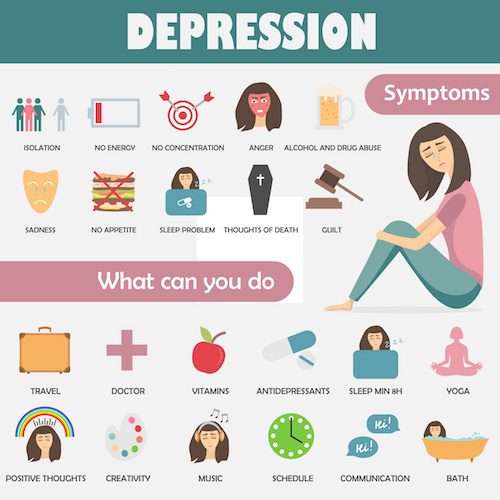
Why serotonin matters
Serotonin is often called the “feel-good” neurotransmitter. It plays a big role in calming the mind, improving sleep, and stabilising mood.
When serotonin levels dip, it can leave you feeling anxious, irritable, or down. One common trigger? Not eating enough carbohydrates. Carbs help the body absorb tryptophan, an amino acid needed to produce serotonin. Without them, your brain may struggle to keep mood levels steady.
That’s why eating at regular intervals — and making smart food choices — can be one of your strongest defences against depression.
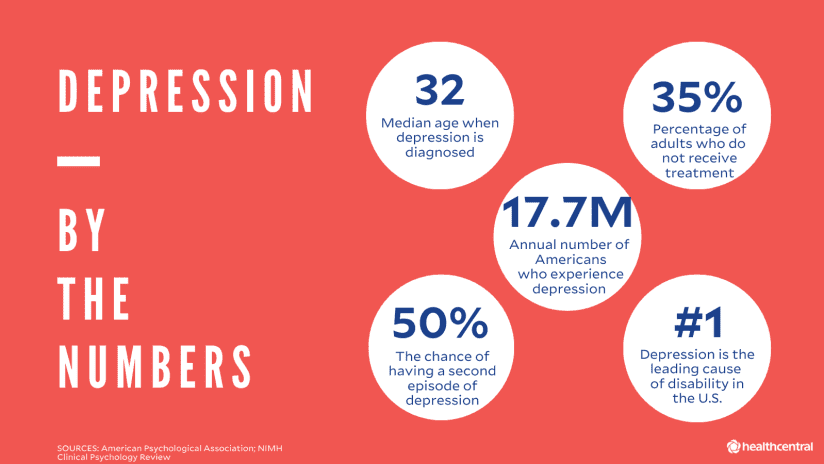
Omega-3 rich fish
Dinner options like salmon and mackerel are rich in omega-3 fatty acids, which support both brain health and heart health. Research links omega-3s to a lower risk of depression. They also reduce the chances of heart disease, stroke, and certain cancers.
Salmon also contains selenium, an antioxidant mineral that may help improve mood. When buying salmon, choose wild varieties over farmed Atlantic — they’re higher in omega-3s.
Vitamin E power
Studies have shown that people with depression often have lower levels of vitamin E. Oils should be used in moderation. Canola oil is a good, lighter source of this nutrient. It works well for sautéing vegetables.

Folate-filled greens
Dark leafy vegetables like spinach, kale, and peas are excellent sources of folate, a B vitamin essential for serotonin production. They’re also packed with fibre and vitamin C. Always choose fresh over canned when you can, as canning reduces nutritional value.
Legumes and chickpeas
Legumes are nutrient powerhouses: high in folate, protein, and fibre but low in fat. Chickpeas, in particular, are loaded with protein, iron, and vitamin E.
Try this quick mood-boosting hummus: blend drained chickpeas with garlic, lemon juice, and a drizzle of olive or canola oil. Add salt, pepper, or your favourite spices. Pair it with fresh vegetables for a snack that’s filling and nourishing.
Poultry picks
Chicken and turkey are excellent sources of vitamin B6, another nutrient that helps the body produce serotonin. Both are also rich in selenium, supporting overall mood and immune health.
The takeaway
No single food is a cure for depression, but a diet rich in omega-3s, vitamins, folate, and lean protein can make a real difference to your mood and wellbeing.
If you’ve been feeling low for a while, don’t hesitate to reach out to your doctor. Diet is a powerful tool, but sometimes extra support and treatment are needed.
